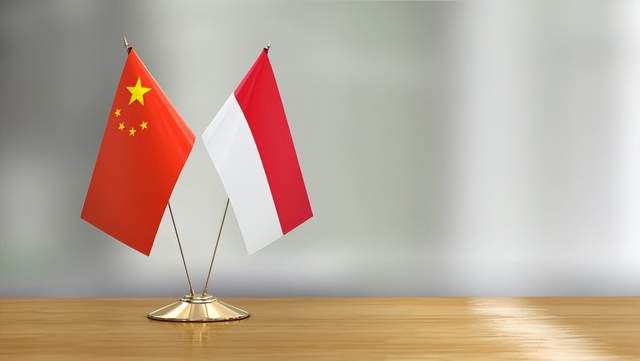According to the Australian Lloyd's List website on April 4, Chinese companies are notable in the grand picture of building 100 "smart cities" in Indonesia.
China is one of the largest investors in Indonesia. This is a big deal for President Joko Widodo, who is planning to relocate the seat of Indonesian government from Jakarta to East Kalimantan.
Joko intends to make Nusantara Indonesia's new capital as part of a larger plan to create 100 'smart cities' across the country by 2045. Some 75 existing cities have been included in the master plan, which aims to create well-planned urban environments and amenities to take advantage of artificial intelligence and the next wave of 'Internet of Things' development.
This year, a number of Chinese companies have signed memoranda of understanding with Indonesia for investment in various economic sectors, with a focus on projects in Bintan and East Kalimantan. This is intended to encourage Chinese investors to invest in the smart city sector and will be further promoted by an exhibition to be organised by the Indonesian Chinese Association next month.

China has reportedly been a long-time favourite for major infrastructure projects in Indonesia, including the Jakarta-Bandung high-speed rail project, the Morowali Industrial Park and the Giant Shield Nickel Company, which processes nickel, as well as the Padang Toru Dam in Tabanuri, North Sumatra.
China is also investing in smart city development elsewhere in Southeast Asia. Recently published research shows that Chinese companies have invested in two smart city projects in the Philippines in the last decade - New Clark City and New Manila Bay-Pearl City. The China Development Bank has also invested in Thailand, and in 2020 China supported the construction of a new Yangon city development project in Myanmar.
It is therefore entirely possible for China to invest in Indonesia's smart city sector as well. In a previous deal, technology giant Huawei and Telekom Indonesia signed a memorandum of understanding on the joint development of a smart city platform and solutions. Huawei has also said it is ready to assist Indonesia in building a new capital.
Huawei is providing digital services, public safety infrastructure, cyber security and technical capacity building for municipalities through its smart city projects. One of these projects is Bandung Smart City, which was developed based on the "Safe City" concept. As part of this project, Huawei worked with Telekom Indonesia to build a command centre that monitors cameras throughout the city.
Investing in technology for sustainable development also has the potential to change the Indonesian public's perception of China. China could be a partner for Indonesia in renewable energy and technology transformation.
Mutual benefits may be the common mantra, but a true smart city will do just that.

